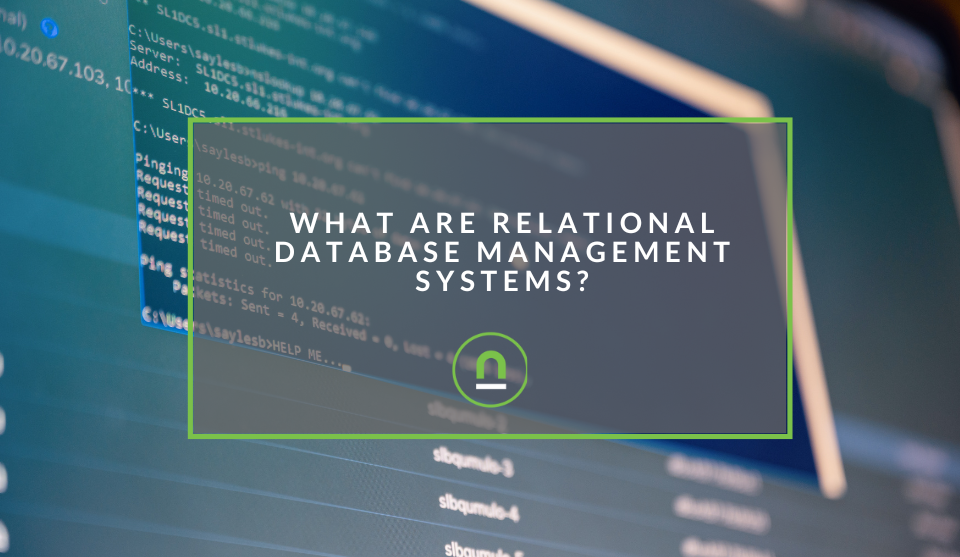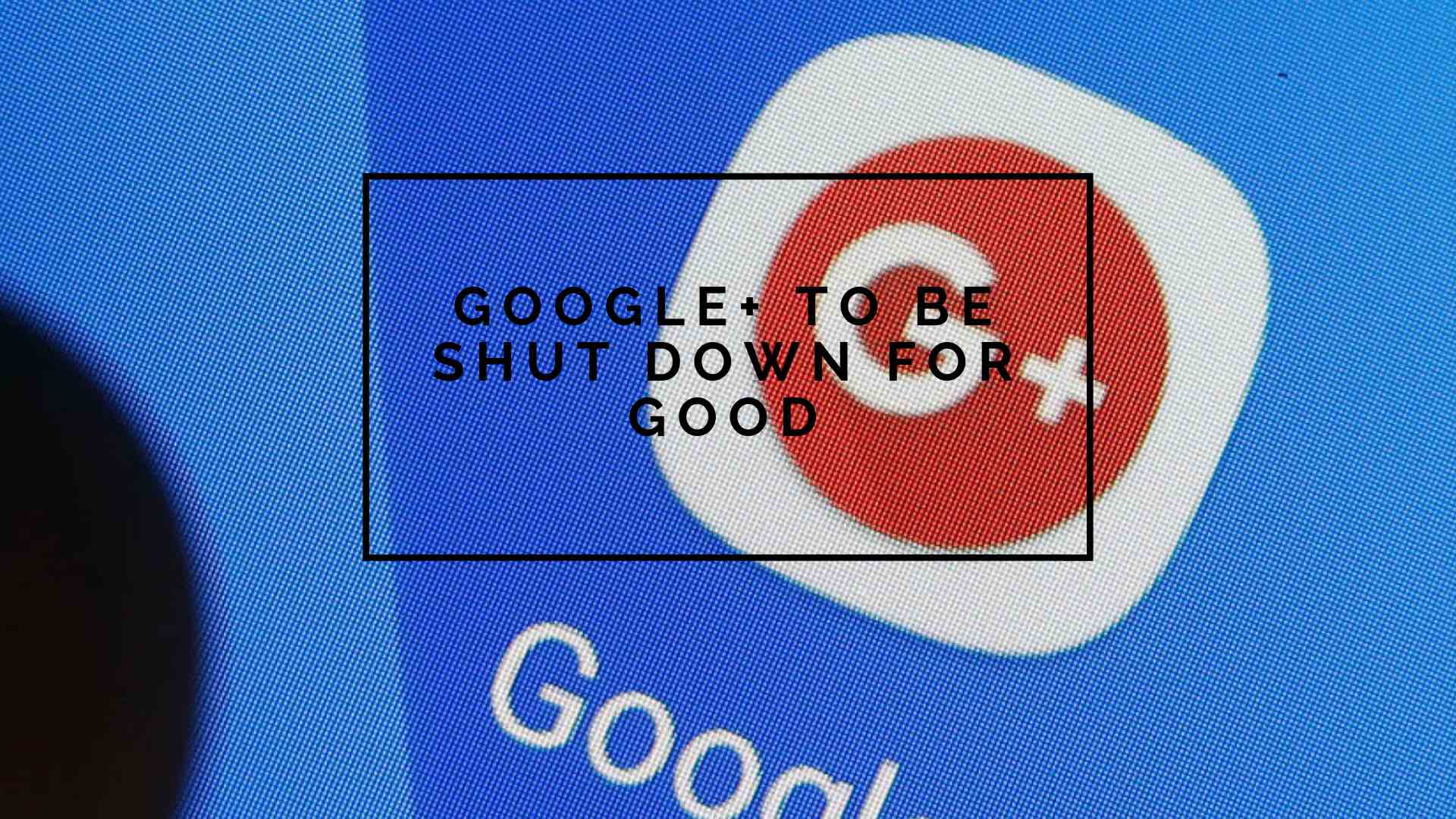Recent posts

Industry Experts
Mastering Personalization in Digital Marketing
31 March 2025

Money Talks
The Role of Customer Service in Selecting a Forex Broker
29 March 2025

nichemarket Advice
What Are Relational Database Management Systems?
28 March 2025

Money Talks
SASSA Status Check for SRD R370
26 March 2025
Popular posts
Extravaganza
Trending Music Hashtags To Get Your Posts Noticed
24 August 2018
Geek Chic
How To Fix iPhone/iPad Only Charging In Certain Positions
05 July 2020
Extravaganza
Trending Wedding Hashtags To Get Your Posts Noticed
18 September 2018
Money Talks
How To Find Coupons & Vouchers Online In South Africa
28 March 2019
Google+ is will be shut down
10 October 2018 | 0 comments | Posted by Che Kohler in nichemarket Advice
The year 2018 may be remembered for plenty of reasons and one of them has to be it that it was the year we saw faltering social media sites call it quits with Klout and StumbleUpon being the first high profile casualties of the year. Now we've just heard Google+ will be joining the pile of failed projects with Google announcing its official demise.
Why call it quits now?
Google+ was Google's ill-fated attempt at creating its own social media platform to take on Facebook and Twitter. It all started back in 2010 with Google Buzz and then a year later, it launched Google+ with the aim of taking on the big boys. As Facebook began to dominate the social media space Google decided to focus less and less on winning social market and doubled down on search and G+ was basically living on borrowed time. While they could have gone out with a whimper and kept it off the radar, they decided to go out in a blaze of glory. Clearly keen to prove that Facebook isn’t the only company that can get itself into trouble over privacy and data, Google has today joined the club by confirming that a Google+ security bug allowed third-party developers to access user data unimpeded, with the issue dating all the way back to 2015. To make matters worse, Google decided not to share knowledge of the data breach when it was discovered in March and reported on by the Wall Street Journal. The Wall Street Journal broke the news of the software bug, reporting that Google chose to not disclose the problem “because of fears that doing so would draw regulatory scrutiny and cause reputational damage.”How did this happen?
The issue apparently came about when a user granted permission to an app, allowing it to access their public data similar to the exploit Facebook recently faced with its shared login data breach. The problem was that this also gave those same developers access to the user’s friends’ non-public profiles. In turn, this meant that almost 500,000 users’ names, email addresses, dates of birth, gender, location, occupation, and relationship status were made available to developers, all without their knowledge. Google says that there was no evidence that the information was misused, but that a total of 438 apps had access. That's a lot of user data to expose to 438 different companies who could have used that information for monetary gain.What does Google have to say for itself?
Google said it’s pulling the plug on its unpopular Google+ social network after admitting to a software bug that exposed the personal information of as many as 500,000 users. The tech giant announced the news on the company blog, disclosing the compromised user-privacy issue for the first time, despite knowing about it for seven months. “We discovered and immediately patched this bug in March 2018,” Ben Smith, the company’s vice president of engineering, wrote. The software flaw affected how the social network, created to rival Facebook but never seriously challenging it, interacting with third-party applications. “We are shutting down Google+ for consumers,” Smith added, admitting that the product was, at best, underwhelming. “While our engineering teams have put a lot of effort and dedication into building Google+ over the years, it has not achieved broad consumer or developer adoption. … The consumer version of Google+ currently has low usage and engagement: 90Google trying to turn a negative into a +
Google+ simply lacked the foresight that Facebook had and did not innovate quickly enough to keep up, it was a rather arrogant play to think that they could simply leverage their other assets to build a social media empire. Instead of having its own unique recruitment drive and benefits, Google pushed its social platform very hard by trying to integrate its comments with YouTube and make web logins part of G+ which users simply rejected as intrusive and wasn't seen as a natural adoption. It then saw the writing on the wall and slowly started to remove G+ connections with other assets and even went as far as to remove their share counter API. It really was only a matter of time and this data breach was a rather large final nail in the coffin.What will happen to g+ communities?
While G+ may be seen as a failure to most, there were still a large number of people using the site on a daily basis with monthly visits in the sitting at around 300 million and while compared to Facebook and Twitter that many a drop in the ocean, its a sizeable amount of users now looking for a new place to call home. The main pull for many using G+ was the ease of sharing and engaging with content in an organic and ad-free environment. These users valued the freedom the platform provided and will now need to find alternatives. In my mind this could be Discord, Telegram, Closed Facebook Groups or Steemit. Apart from Facebook, any of these platforms would do well to absorb these orphaned users and give them a space to call their own.Contact us
If you want to know more about social media marketing for your site, don’t be shy we’re happy to assist. Simply contact usTags: Google+, social media
You might also like
How to Choose A Perfect 2-Seater Couch for Small Spaces
28 February 2025
Posted by Candice Reed in Shopaholics
Are you struggling with choosing a perfect 2-seater couch for your small space? Learn how you can find the one that perfectly aligns with your choice...
Read moreHow Crypto Technology Continues To Revolutionise The Business World
27 February 2025
Posted by Katrine Vidstid in Money Talks
Learn how cryptocurrencies impact more than just investing. Discover their revolutionary potential in business, from secure transactions to innovativ...
Read more{{comment.sUserName}}
{{comment.iDayLastEdit}} day ago
{{comment.iDayLastEdit}} days ago
 {{blogcategory.sCategoryName}}
{{blogcategory.sCategoryName}}


